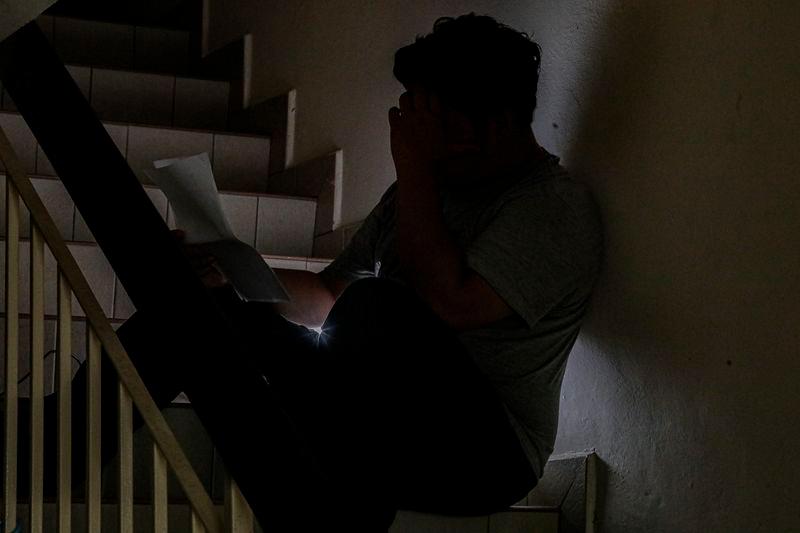LIVING in Malaysia has allowed me to experience the vibrancy of our culture, the warmth of our community and the spirit of resilience that defines us.
However, lately, there has been a shadow looming over our society. The rising number of suicide cases has become a silent epidemic, quietly devastating families and communities.
When I heard about the increase in suicide rates, I was in disbelief. How can a country like ours, known for its close-knit families and communal support, be facing such a crisis? But the more I delved into the issue, the more I realised how complex and deep-rooted the problem is.
According to the National Health and Morbidity Survey 2019, about 500,000 Malaysians are experiencing depression, and this was before the pandemic struck.
The Covid-19 pandemic has exacerbated mental health issues, with many individuals facing job losses, financial instability and isolation. These factors have contributed to an increase in mental health problems and, consequently, suicide rates.
One of the most heart-wrenching stories was that of the late Dr Nur Ilyani Mohamed Nawawi, who was a medical officer at the Raja Perempuan Zainab II Hospital. Her tragic passing in 2019 shocked the nation.
Nur Ilyani had been an outspoken advocate for better working conditions and mental health support for healthcare professionals. Her death highlighted the immense pressures faced by those in the medical field and sparked nationwide discussions about mental health.
Another case that deeply moved me was that of a teenager from Penang, who ended her life in 2019 after posting a poll on Instagram asking her followers whether she should die.
The majority of respondents voted for her to take her life, showcasing the dark side of social media and the lack of understanding of mental health issues. This incident brought to light the urgent need for better mental health education and support, especially for young people.
What is concerning is the stigma that still surrounds mental health issues in Malaysia. Many people suffering from depression or anxiety feel they cannot seek help due to fear of being judged or excluded. This stigma often prevents them from reaching out for support, leaving them to suffer in silence.
I know how difficult it can be for friends and family to talk about these issues. In our culture, there is often an emphasis on maintaining a facade of strength and composure. Admitting to mental health struggles can be perceived as a weakness, which only compounds the problem.
However, there is hope. The government and various NGOs have started to take action. Mental health hotlines, such as Befrienders and Talian Kasih, offer crucial support to those in need. The health ministry is also working to improve mental health services and increase awareness.
Education is key. We need to continue breaking down the stigma surrounding mental health. By talking openly, we can create a more supportive environment for individuals to seek help. Schools, workplaces and community centres can play a vital role in fostering a culture of understanding and compassion.
Checking in with friends and family, asking them how they are doing and being there to listen without judgement can make a significant difference. We need to advocate for better mental health resources, encourage open conversations and create a culture where seeking help is seen as a strength and not a weakness.
The rise in suicide attempts in Malaysia is a wake-up call. It is a call for compassion, understanding and action. Let us remember that every life is precious.
Daninas Hezry
City University Malaysia
Petaling Jaya









